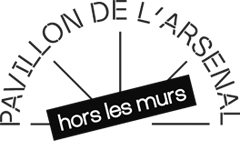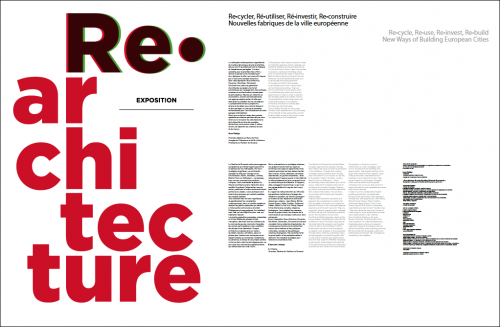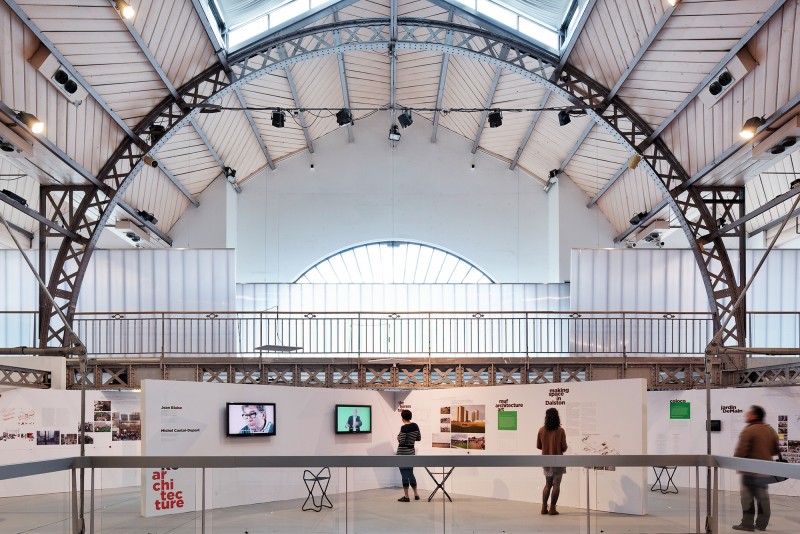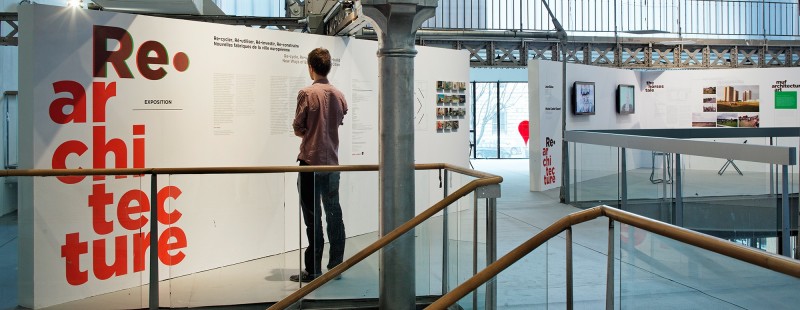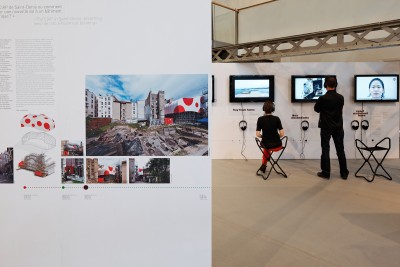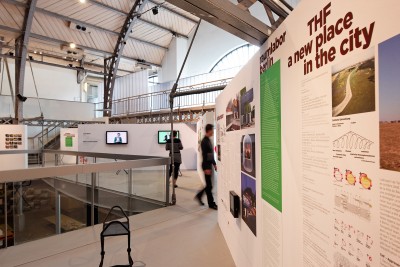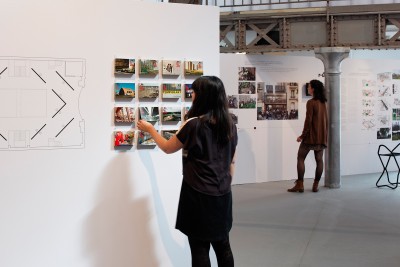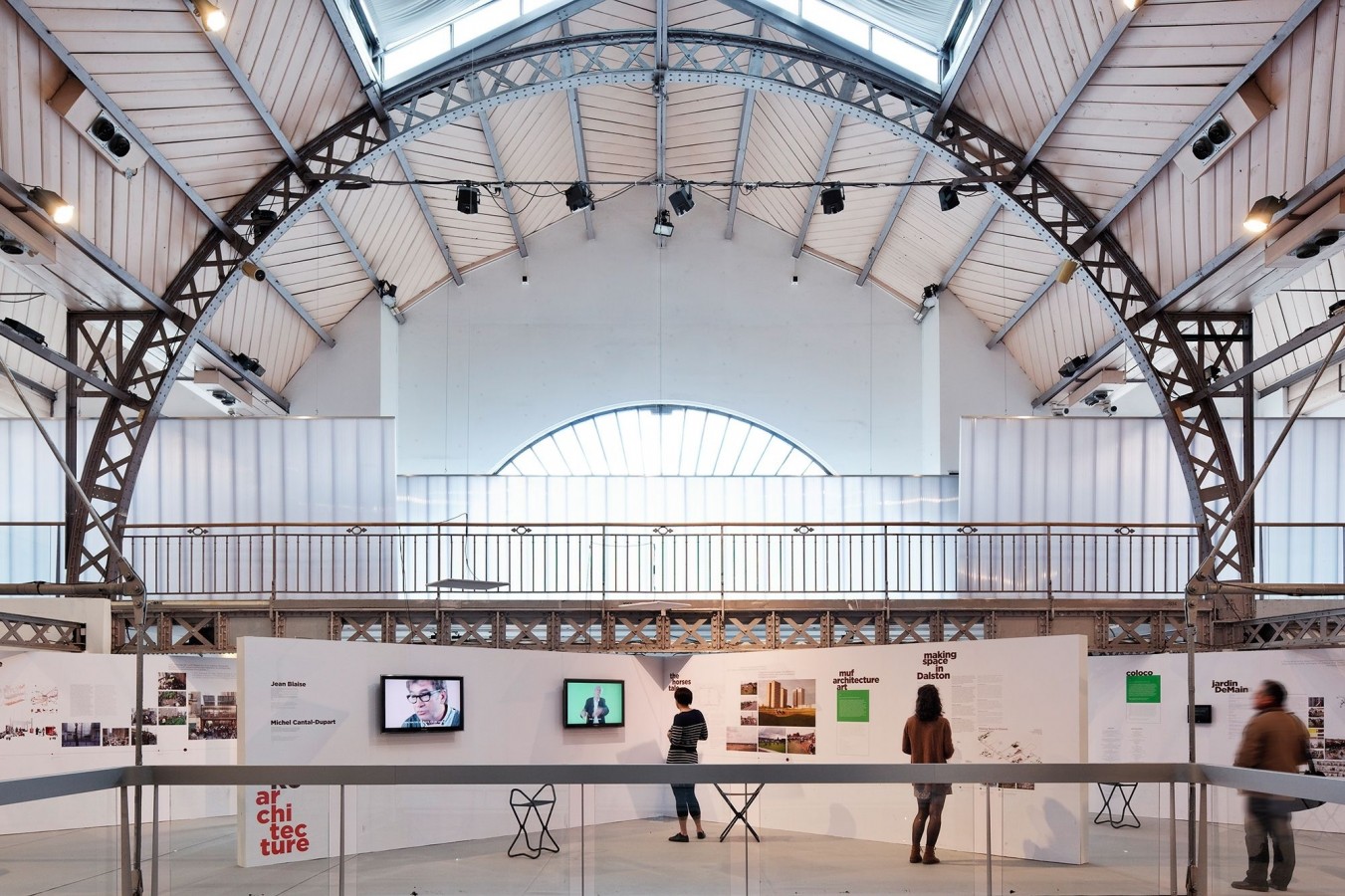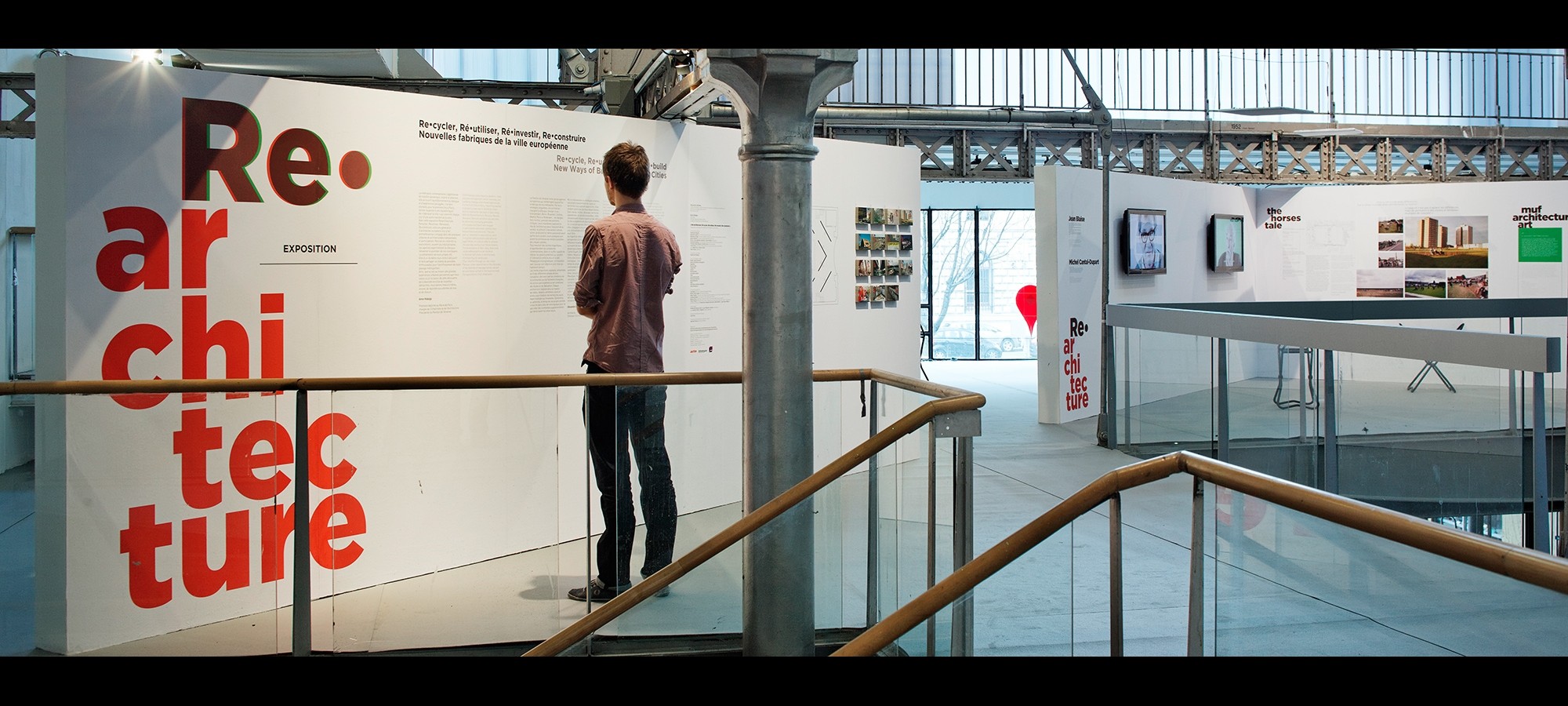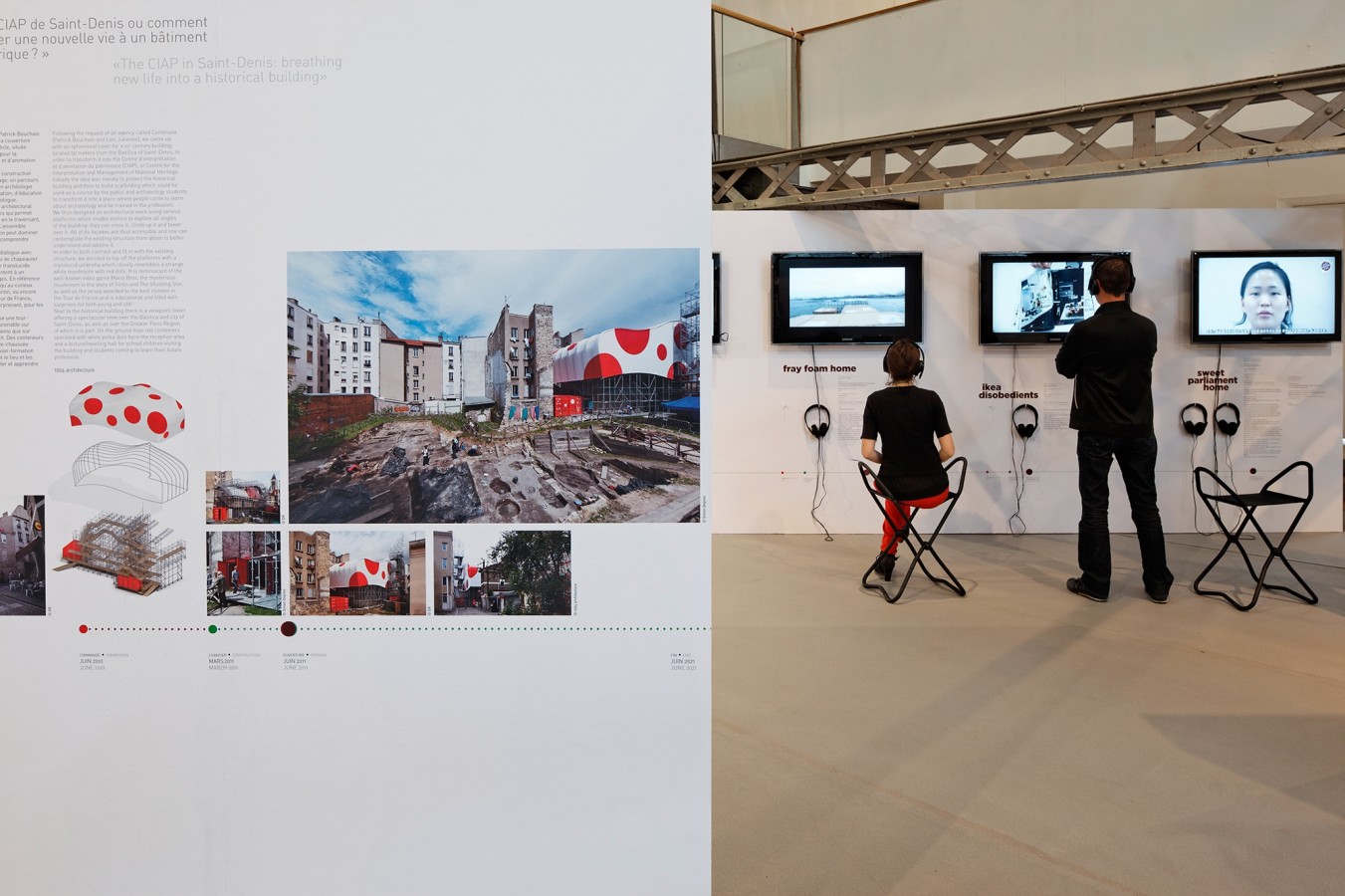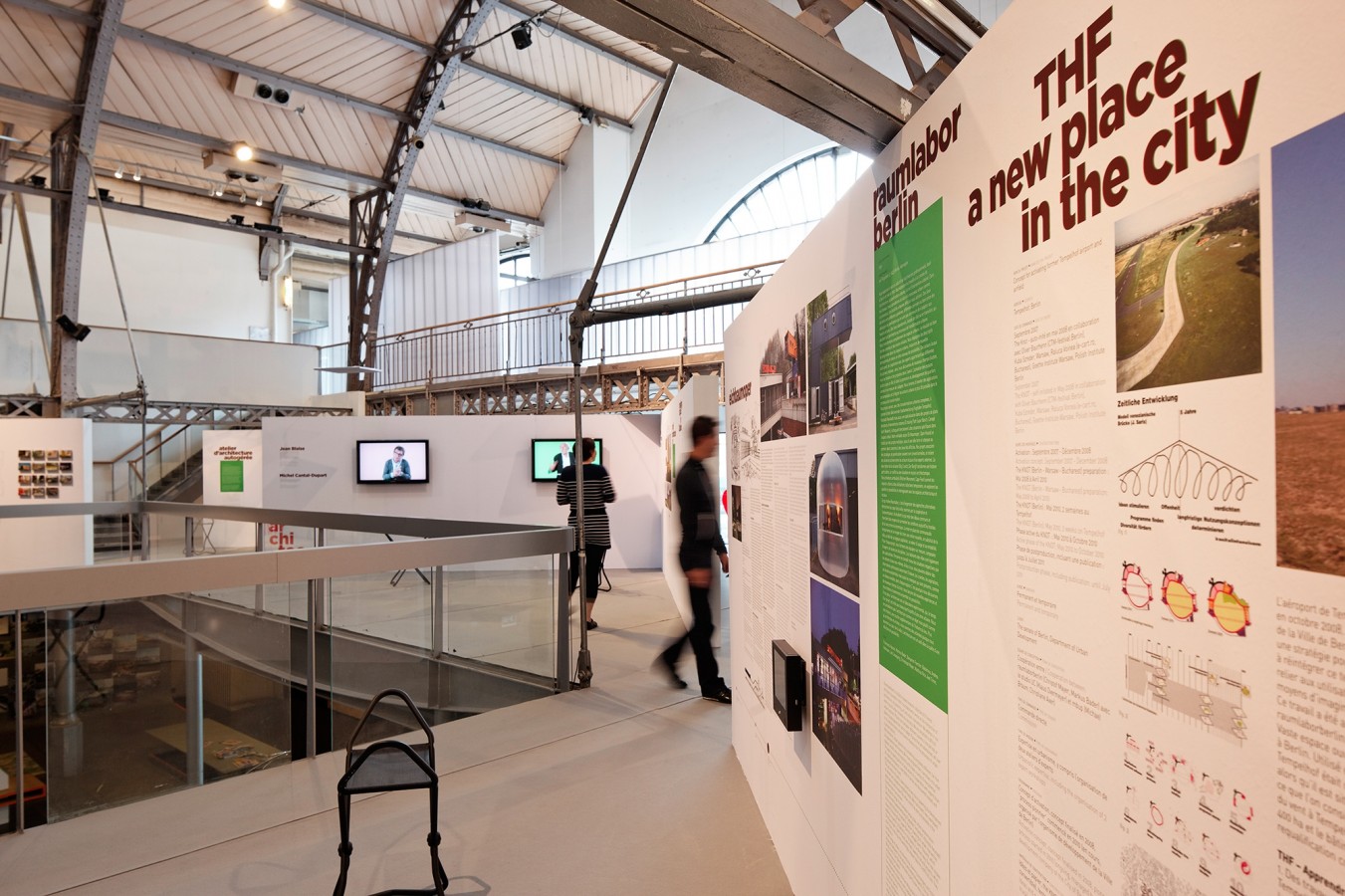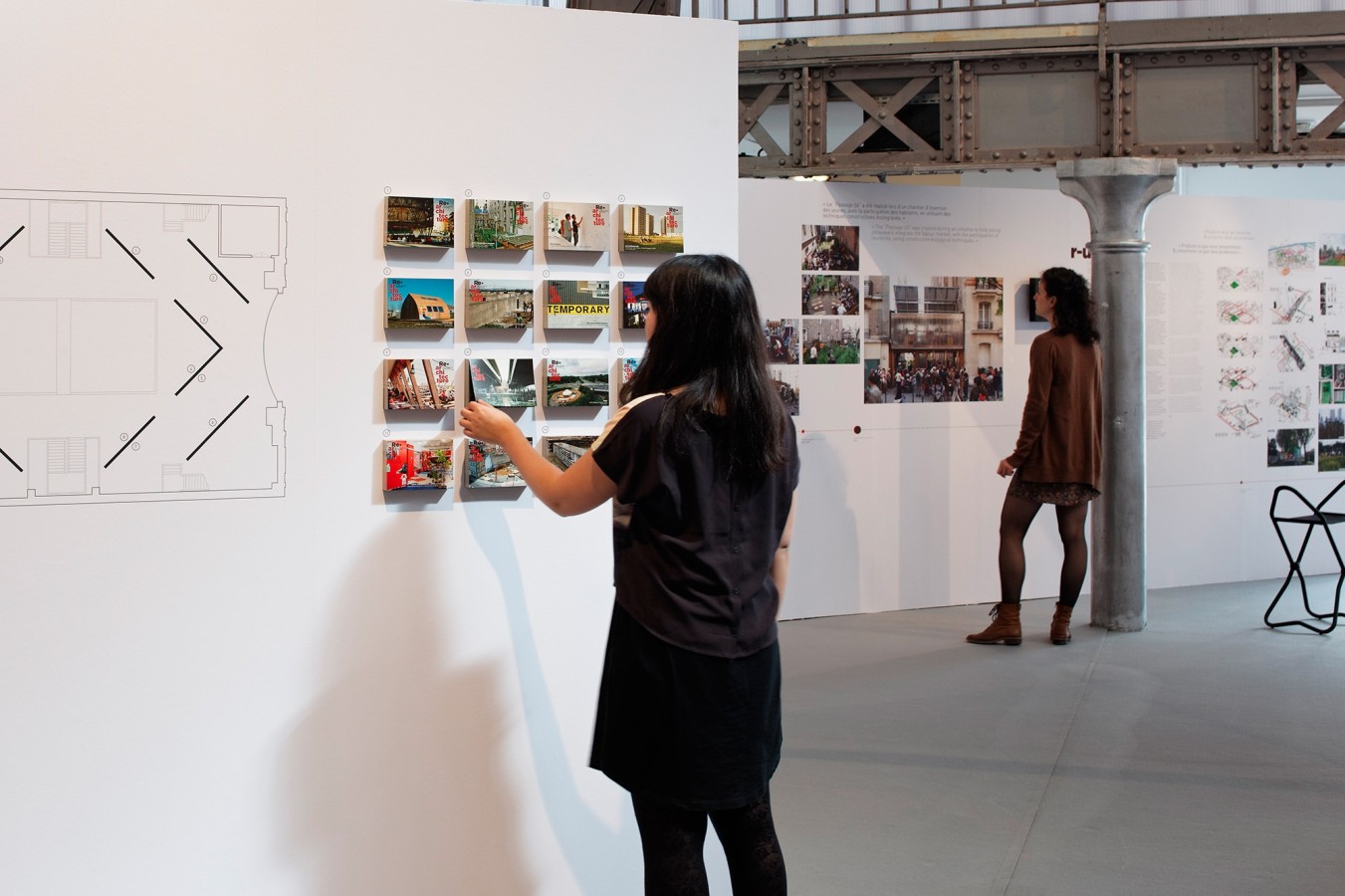The Pavillon de l’Arsenal has invited fifteen European agencies that question the way that modern-day cities are built to participate in this exhibition. Through their original strategies, these architects enact change upon cities which in turn impact on city-life.
BEFORE COMMENT
Anne Hidalgo
First Deputy Mayor of Paris
in charge of Urban Planning and Architecture
Chairwoman of the Pavillon de l’Arsenal
Contemporary cities require a dynamic, lively and attentive approach, which, everyday, are fuelled by dialogue and shared experiences. For the first time in Paris, I have thus wanted to present a new way of “building cities” is inspired by new ways of daily living.
With the Re.architecture, Re.cycle, Re.use, Re.invest, Re.build exhibition we welcome an extremely promising generation of European architects who engage in participative and cross-cutting urban and architectural practices. They are part of collectives or associations, work in multidisciplinary teams and carry out experiments on cities in order to reinvent the everyday reality of our fellow citizens. The presentation of their lively, direct and sustainable projects is an invitation to discover and share in exciting ways of enhancing city landscapes.
Thus, whether through our own major Parisian urban experiences or this discovery of the diversity of new approaches, we will be even better armed in the future to meet the expectations of all inhabitants.
Presentation of the exhibition
The Pavillon de l’Arsenal has invited fifteen European agencies that question the way that modern-day cities are built to participate in this exhibition. Through their original strategies, these architects enact change upon cities which in turn impact on city-life.
In Amsterdam, Berlin, Brussels, London, Madrid, Paris or Rotterdam,… these extraordinary teams have taken up a critical stance. They admit to exploring the role of architecture in societal changes. They are pro-action and produce and often even build their projects themselves. The practices are promises which revive long-forgotten utopian ideals.
They all invent wonderful standards and approach the complexities of modern life with the ability to transform into reality the potential that lies at the crossroads between experience and the built-up world. They are pragmatic, good at conveying their message and tend to work with the existing residents and for the inhabitants of the future.
The thirty exhibited proposals, shown at the various stages of development, describe the conditions in which the orders were placed, the study behind the projects, participative action as well as the conditions in which studies were carried out and the projects completed. Each proposal is thus presented through videos, drawings, interviews, plans and photographs to provide the public with an idea of the innovative and experimental nature of their research. Whether temporary or permanent, these projects are perfectly in line with the times and do not create extra constraints which could limit future choices.
The projects, in the form of micro-interventions or urban strategies, tend to turn unused land and buildings into opportunities. They breathe optimism into areas which have lost their sparkle: urban infills, waste lands, abandoned land or buildings or even large structures. They reclaim space at a time when European cities must be rebuilt and the sprawl contained. And, of course, they commit to saving that which is not renewable and reuse what can be recycled.
In light of such an unexpected, thought-provoking production, six people bear witness to this alternative urban approach through their own experiences: Jean Blaise, Michel Cantal-Dupart, Didier Fusillier, Guillaume Hébert, Maud Le Floc’h and Thierry Paquot. With festive, sustainable, responsible and environment-friendly cities - they each reveal the new time-frames of urban projects, order expectations and new tools implemented in new methods.
Thus, the Re.architecture, Re.cycle, Re.use, Re.invest, Re.build project aims to be a platform for collective exploration, knowledge about actions and research regarding change and emerging cultural, social and political urban planning practices. We thus invite both the greater public and professionals to discover new strategies for reinventing cities together.
Alexandre Labasse
Architect, Managing Director of the Pavillon de l’Arsenal
